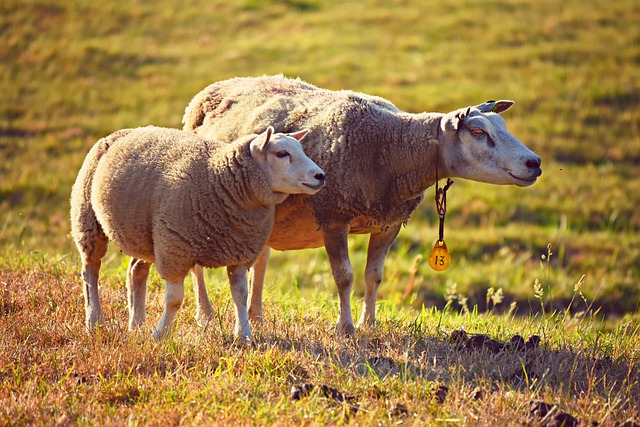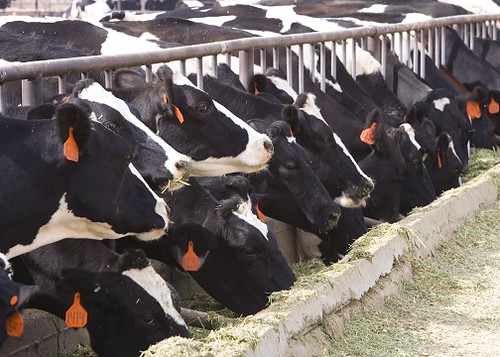For many farms, effective reproduction is crucial for success. Keeping your animals healthy and able to reproduce increases productivity and improves the herd’s overall health. Good reproduction management results in higher birth rates, healthier young animals, and a more efficient herd. Open livestock, which are females that are not pregnant, are common on farms. While reaching a 100% pregnancy rate isn’t realistic, it’s important to review your management practices, nutrition, and herd health if you have more open animals than usual or if the rate is over about 5% in larger herds.
The role of nutrition
Good nutrition is essential for successful reproduction. Drought, natural disasters, and high feed costs can lead producers to use questionable feeds in tough times. Feeds that have mycotoxins, like aflatoxin, can cause abortions. If you’re worried about your feeds, testing them can help determine if mycotoxins are present. You may need to stop using a risky feed or add a toxin binder.
Water can also become contaminated, especially if it has too many minerals, depending on its source. Regularly check the Body Condition Score (BCS) of your livestock to monitor the health of breeding animals. Both underweight and overweight animals can face reproductive problems. If you are dealing with these issues, it’s crucial to test and consider all possible causes.

Effective breeding management
Managing breeding effectively is essential for a productive herd. Start by choosing breeding animals that have strong reproductive traits and good fertility. Pay attention to the Expected Progeny Differences (EPDs) for the livestock you know about to ensure they match your breeding goals. Selecting specific genetics can enhance the overall reproductive performance of your herd over time. It’s also essential to understand the estrous cycle of your livestock. This helps you breed them during their peak fertility period, or estrus, which increases the chances of successful conception.
If you are using artificial insemination (AI), you can specifically choose the males you are breeding your females to, allowing you to increase progress toward your genetic goals. When using AI, it is vital to understand how to detect estrus to determine best when to breed your livestock. Correct semen handling and having an experienced inseminator will increase your chances of getting successful pregnancies.

